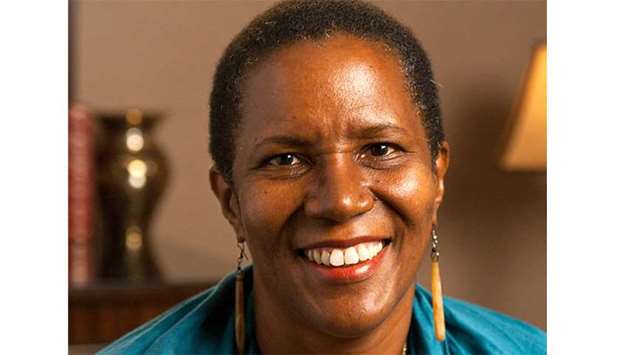Mental health support for those in the frontline of treating Covid-19 patients will be “critical” both during and after the pandemic, according to a health expert who has seen first-hand the toll that disease can take on a nation.
Dr Janice Cooper, senior project adviser, Global Mental Health at The Carter Centre, was among the speakers in a recent online edition of Qatar Foundation (QF)’s Education City Speaker Series, held in collaboration with the World Innovation Summit for Health.
She has extensive experience of working with healthcare professionals who suffered from Post-Traumatic Stress Disorder (PTSD) in Liberia following the Ebola outbreak which struck the country in 2014-15, and said: “It demonstrated how healthcare workers are faced with enormous challenges.
“The first is the risk of contagion; the second is whether you have enough supplies and equipment to keep yourself safe; and then there is the question of how you let go of what you have experienced during a shift when you get home, and how you keep your family safe.
“All of these things are of concern to healthcare workers, and can lead to them having extreme anxiety, or even trigger PTSD. Many of them feel traumatised. Access to mental health services and support during and after the response to a crisis like this are critical for everyone, but particularly for healthcare workers, if we expect to continue to function and to function well.”
Dr Cooper believes many healthcare professionals may find it difficult to accept that they are struggling to cope mentally with the strain that being in the eye of the Covid-19 storm brings. “It’s even harder for a mental health provider to admit they have psychological issues or mental health issues, or that they are experiencing trauma, or that when they get home they suddenly break down.
“When you have worked a long and hard shift in the current situation, how do you disengage? It’s much harder for healthcare workers to come home after work and feel they haven’t done anything to put their families at risk.”
In the post-pandemic rebuilding stage, Dr Cooper believes that healthcare systems around the world will have the opportunity to “recognise the areas that need more than just scaffolding”, and among these is mental health.
“You can’t build back better without focusing on mental health services. I believe it’s impossible. Building back better is about recognising that, while we all have resilience, we can’t drain the tank so much that we’re unable to come back better. Resilience isn’t infinite, and while we can draw on it, we also need to be restorative,” she added.

